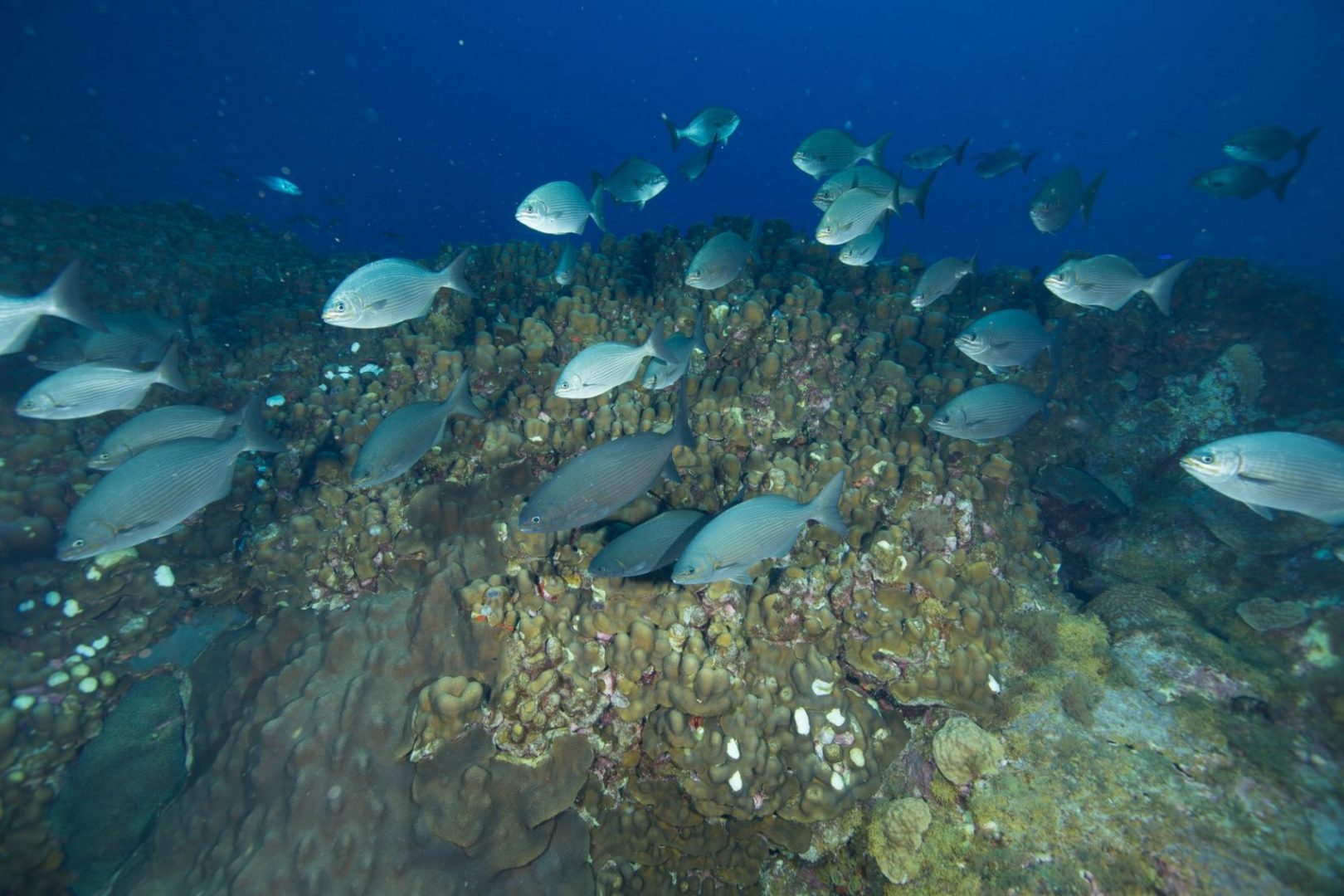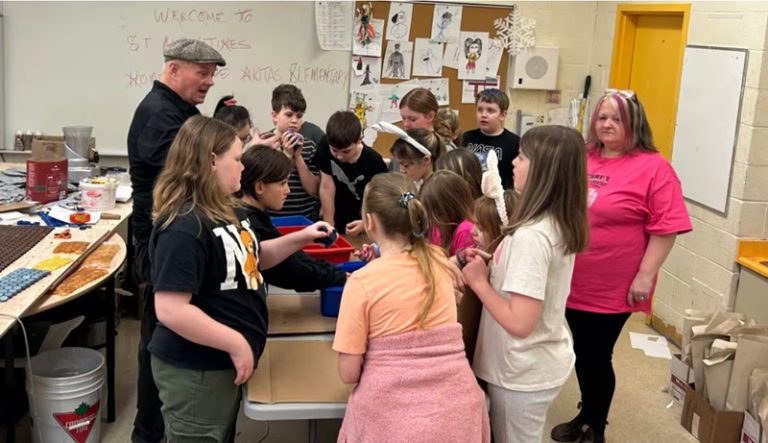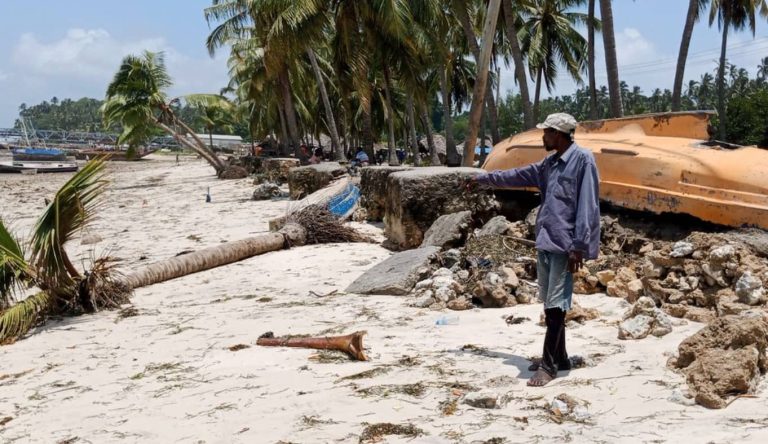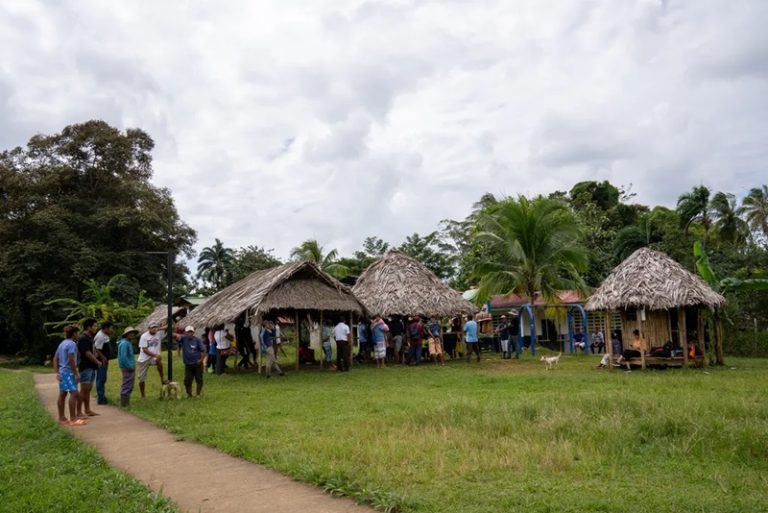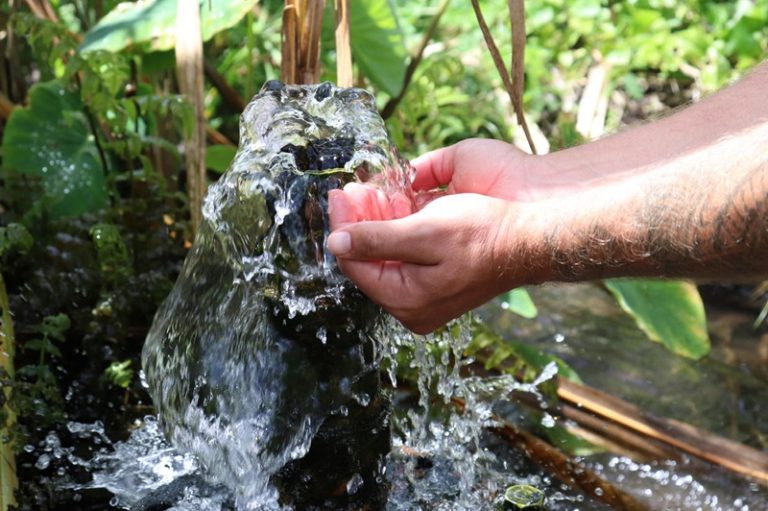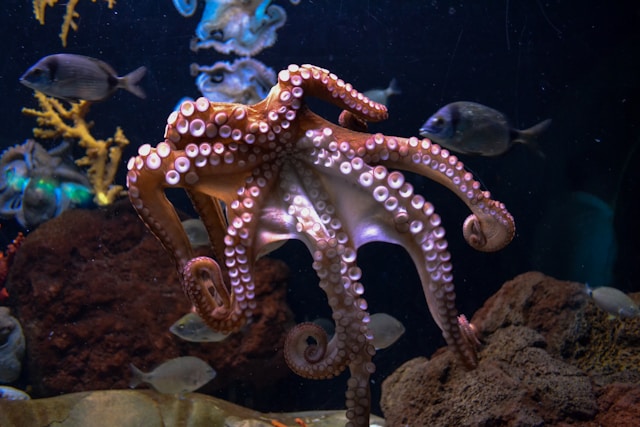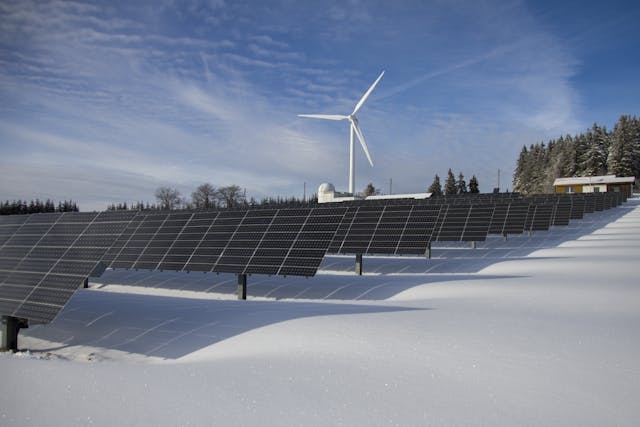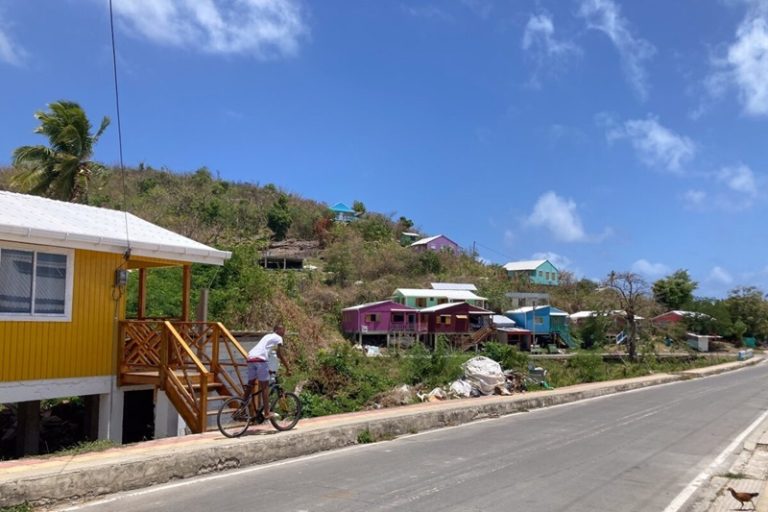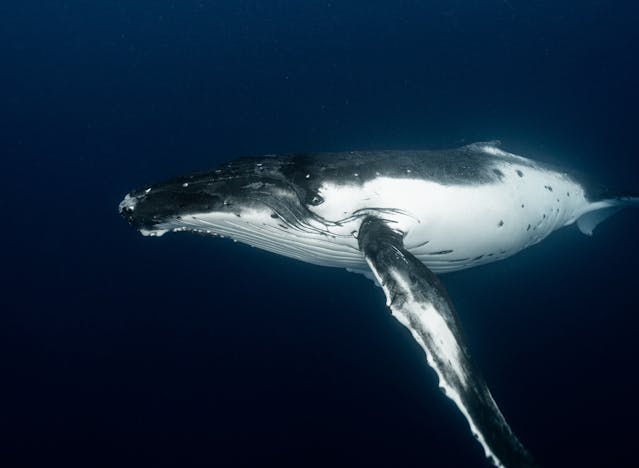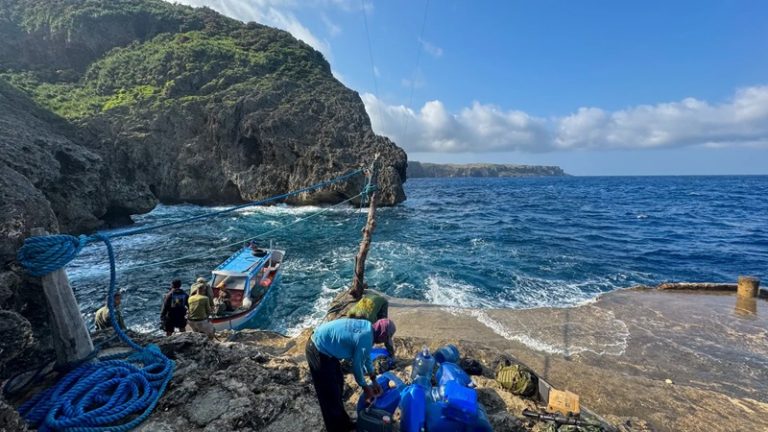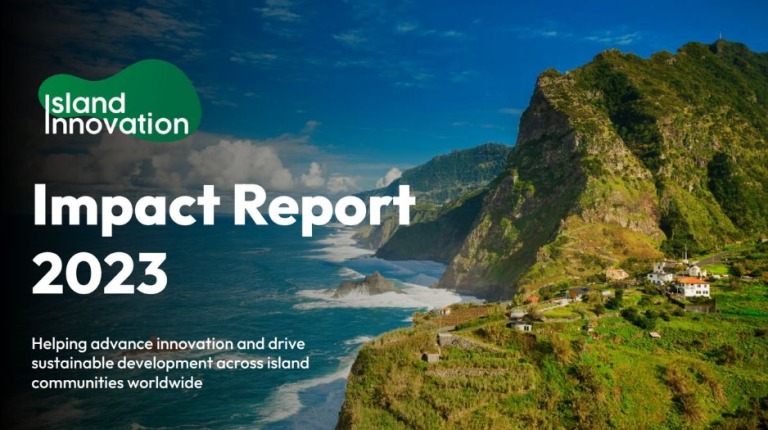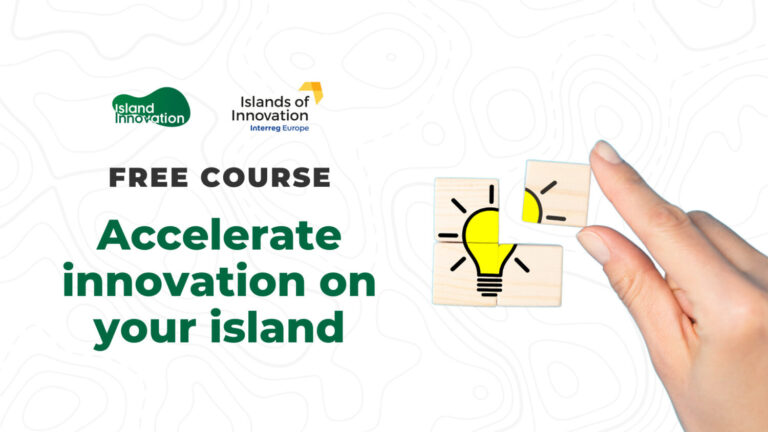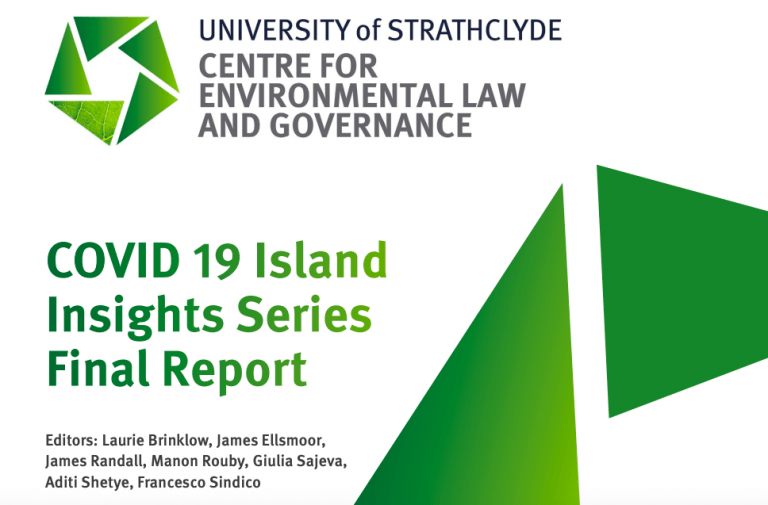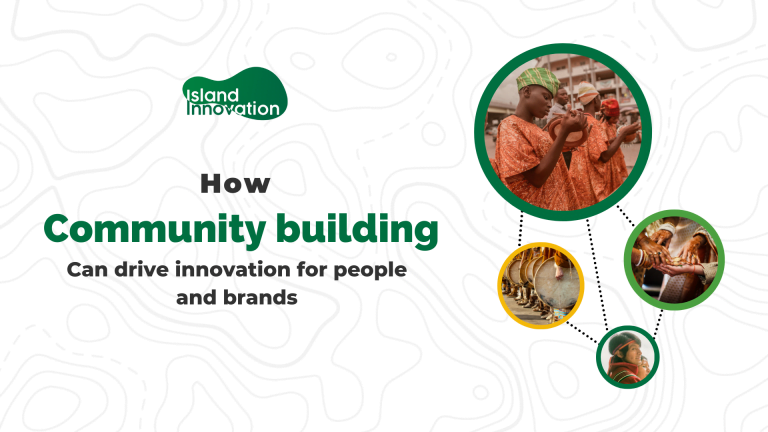Excerpt from PolicyForum.net
The COVID-19 pandemic has highlighted the importance of healthy coastal fisheries for the cultural, social, and economic wellbeing of Pacific Islanders. Protecting coastal fisheries is critical for the security of people’s food, sources of income and livelihoods, and sustaining the natural environment of Pacific Small Island Developing States (SIDS). Following through on this responsibility depends on political commitment, human capability, and data.
Our oceans face a number of challenges. Climate change is affecting the interactions between the ocean, land, and atmosphere, whilst also influencing the health and productivity of the biosphere, society, and the economy. Increasing ocean acidity and rising sea levels are damaging marine ecosystems that sustain healthy marine environments and coastal fisheries.
Ocean health is tied to food security in the region. Increasing populations, increase demands on oceans, strained ecosystems and the rising need for income to purchase food, especially in urban areas, are all adding to ocean health pressures.
Fresh fish is consumed on average three times a week in the Pacific, and 95 per cent of fisherwomen’s households consume fresh fish daily. But Pacific Islanders today sell their best food products for cash and are taking up paid employment in urban areas. These workers struggle to afford healthy and nutritious food, which they previously sourced from their gardens and the sea.
In addition, fisheries development initiatives are heightening the demand for reef fish, leading to overfishing that accelerates reef erosion and reduces biodiversity. With the increased demands of commercialisation, there is concern that fishers may be harvesting under-sized and juvenile fish and compromising the sustainability of some of the common fisheries.
Larger populations, modernisation, and global trade have amplified pressures on coastal fisheries, and increased the demand for food.

